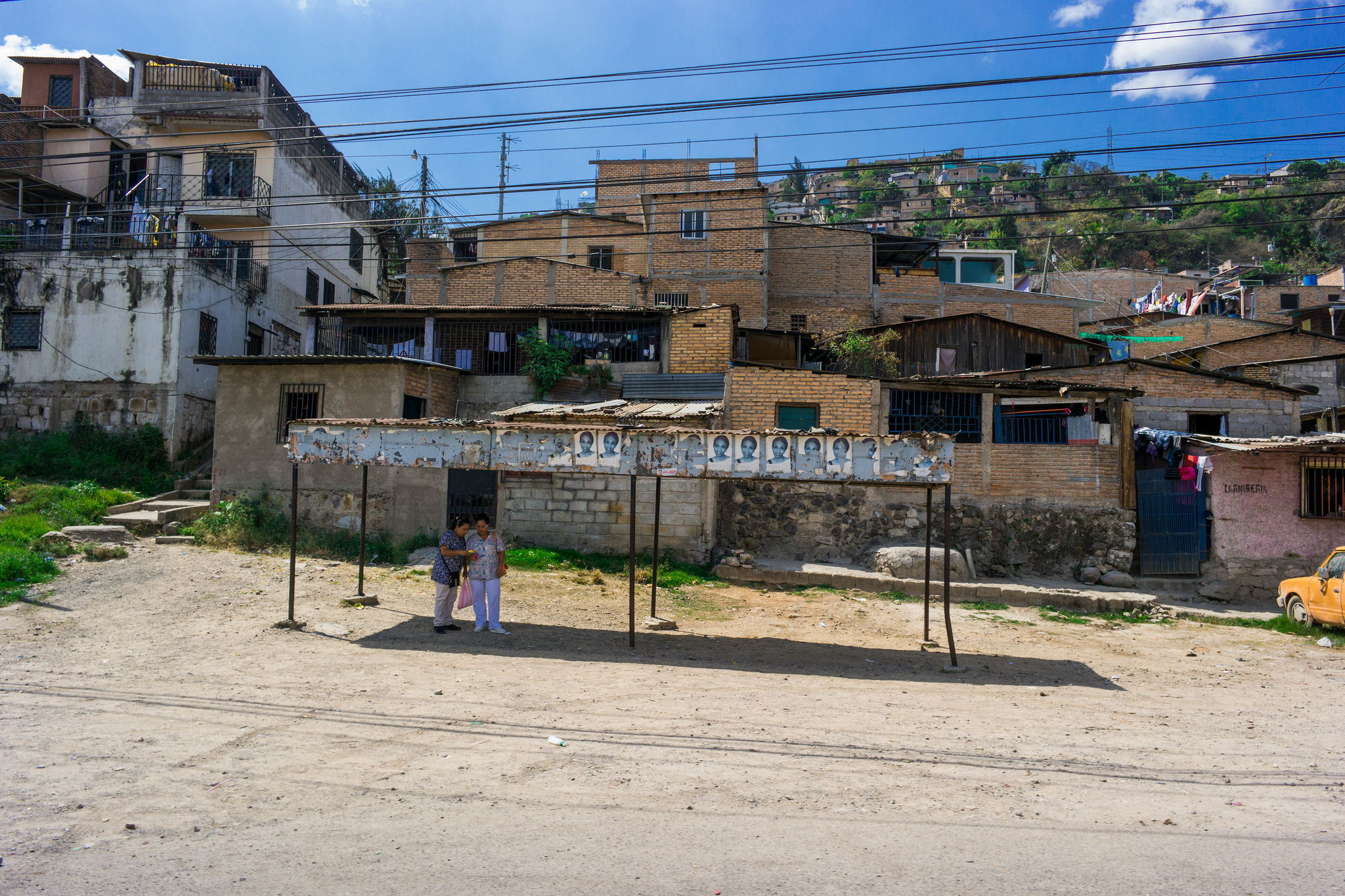 NEWS
NEWS
 NEWS
NEWS
 NEWS
NEWS
Blockchain records management startup Factom, Inc. has hit a roadblock in its attempt to see its Land Registry Tool being put to use in an actual full country.
The company announced a deal with the government of Honduras back in May that would have seen the country implement Factom’s technology to track who owns what within its impoverished borders; the deal also included another company by the name of Epigraph, which is said to specialize in “extending the power of Blockchain technology to build transparent, tamper-proof, next-generation title registration solutions for domestic and international organizations.”
Honduras was said at the time to be particularly interested in the Blockchain as a solution to overcome a struggle with land title fraud, where land ownership records were so badly open to corruption that bureaucrats could access them, change them and give themselves legal title to beachfront property.
Surprise, surprise, though, when you deal with a third-world country: It’s a third-world country when it comes to political management as well.
According to a statement made by Factom Chief Executive Officer Peter Kirby, the deal has officially stalled, with the working prototype they had been working on simply not happening, although Kirby remains surprisingly confident that it may happen in 2016.
“We’ll all have to wait another year to deploy a Blockchain-backed land title system that is both tamper-proof and transparent,” he noted. Then he pointed the finger at the powers that be by noting, “I’ve had humbling conversations with many smart people in the world of international land title, including a CEO of major title insurance company, international policy experts, and companies that have built and sold land title software for decades. They all agree that this is a very common occurrence. The project is political in nature, and government systems move slower than we all would like.”
Kirby noted that some of the press coverage about Factom’s deal with the Honduras government hasn’t always been positive, particularly given that the government itself “includes some amount of nondisclosure language” that meant they “had to be quiet about the business model and nontechnical details of the project.”
It’s a tricky situation: On one hand you’ve got a startup with a seriously interesting idea on how to use the Blockchain wanting to talk itself and its technology up in public, while not being able to be as transparent as it would like.
Given the very nature of dealing with a country like Honduras, we’re likely to give Factom the benefit of the doubt here, with the proviso that the timelines for the project were more than a touch ambitious to begin with given the very nature of the corrupt government they are dealing with.
Support our mission to keep content open and free by engaging with theCUBE community. Join theCUBE’s Alumni Trust Network, where technology leaders connect, share intelligence and create opportunities.
Founded by tech visionaries John Furrier and Dave Vellante, SiliconANGLE Media has built a dynamic ecosystem of industry-leading digital media brands that reach 15+ million elite tech professionals. Our new proprietary theCUBE AI Video Cloud is breaking ground in audience interaction, leveraging theCUBEai.com neural network to help technology companies make data-driven decisions and stay at the forefront of industry conversations.